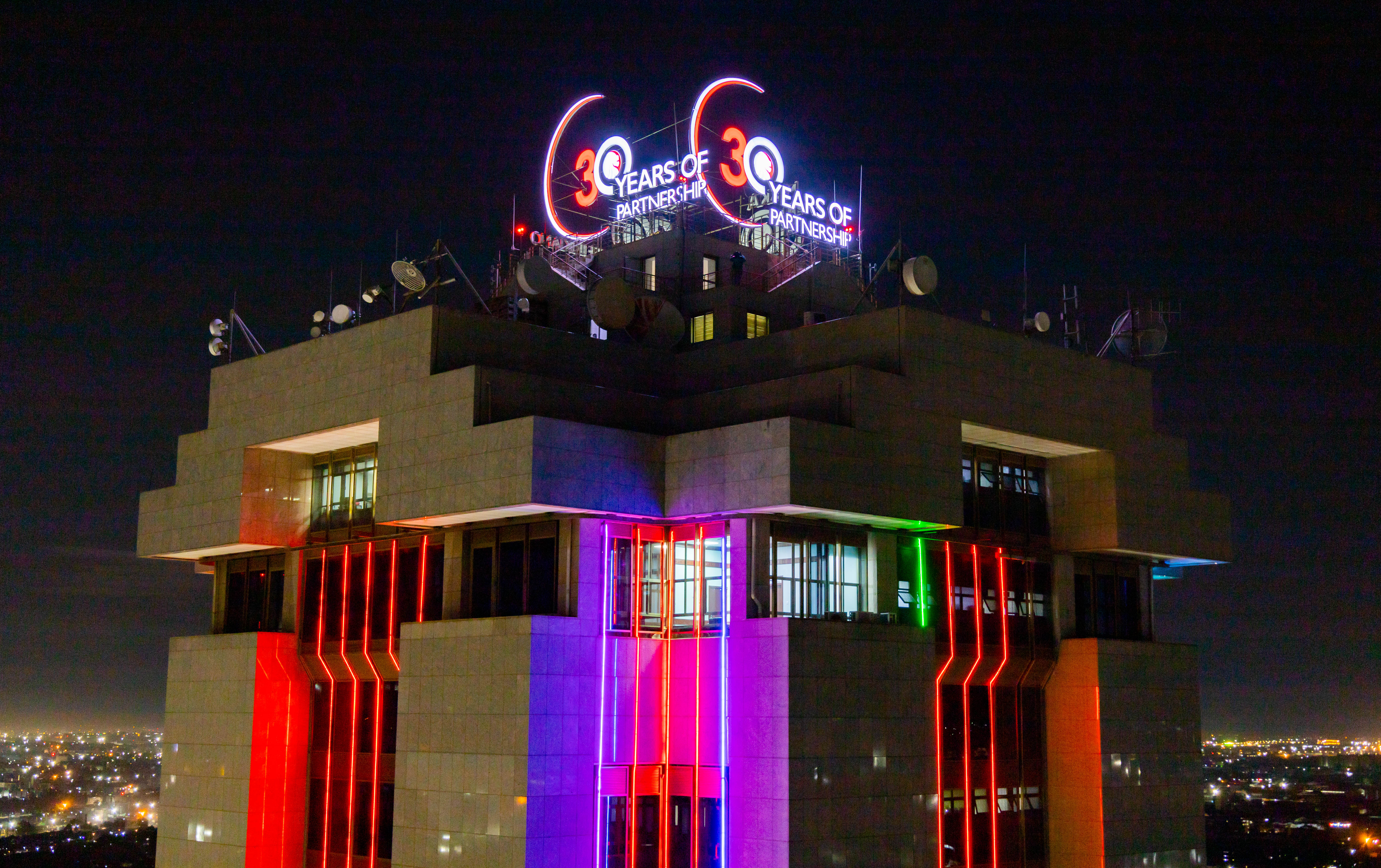
 Kenya Revenue Authority headquarters Times Tower, Nairobi, September 2, 2025. /KRA
Kenya Revenue Authority headquarters Times Tower, Nairobi, September 2, 2025. /KRAThe Kenya Revenue Authority has announced plans to transform into a premier service entity, expand digital innovations, and finalize restructuring efforts to sharpen its revenue mobilisation strategy as it marks 30 years of service.
Speaking during the celebrations at Times Tower, Nairobi, Commissioner General Humphrey Wattanga described KRA’s journey as one of “growth, innovation, and resilience.”
From an annual collection of Sh122.066 billion in the mid-90s, KRA surpassed the Sh1 trillion milestone in 2014-15 with Sh1.069 trillion.
By 2021-22, revenues had more than doubled to Sh2.031 trillion despite the Covid-19 pandemic, and this year the authority has already crossed Sh2.5 trillion.
Treasury Cabinet Secretary John Mbadi pledged continued government backing for KRA.
“We will soon allocate additional funding to enable KRA to enhance its revenue collection efforts. This support is vital as we continue to drive Kenya’s economic growth and realize our vision for a prosperous and self-reliant nation.”
He added that since 1995, KRA has been central to funding investments in “education, healthcare, national security, and infrastructure, which are the pillars that sustain our economy and improve the lives of Kenyans.”
Board chairman Ndiritu Muriithi credited the milestone to collective effort.
“KRA’s successes would not have been possible without the hard work of our staff, the compliance of the public, and the support of development partners both locally and internationally,” he said.
Reflecting on the transformation, Wattanga recalled an era of “multiple queues, duplicative forms, and unofficial ‘agents’ promising faster services for a fee.”
He said the authority now pursues “an ambitious strategic vision focused on tax simplification, technology-driven compliance, and tax base expansion.”
Key among its digital initiatives is the Gava Connect API platform, built with young Kenyan innovators to create “a seamless, passive, and convenient compliance experience” by leveraging artificial intelligence, machine learning, and data analytics.
The results are evident: KRA collected Sh2.571 trillion in 2024/2025, a 6.8 per cent increase from the previous year.
Technology has strengthened its ability to “identify trends, enhance compliance, improve risk profiling, and forecast revenue with greater precision.”
As it enters its fourth decade, KRA has pledged to uphold professionalism, integrity, and collaboration with taxpayers and partners, while aligning its reforms with the OECD’s Tax Administration 3.0 model that integrates compliance into daily life and business operations.












